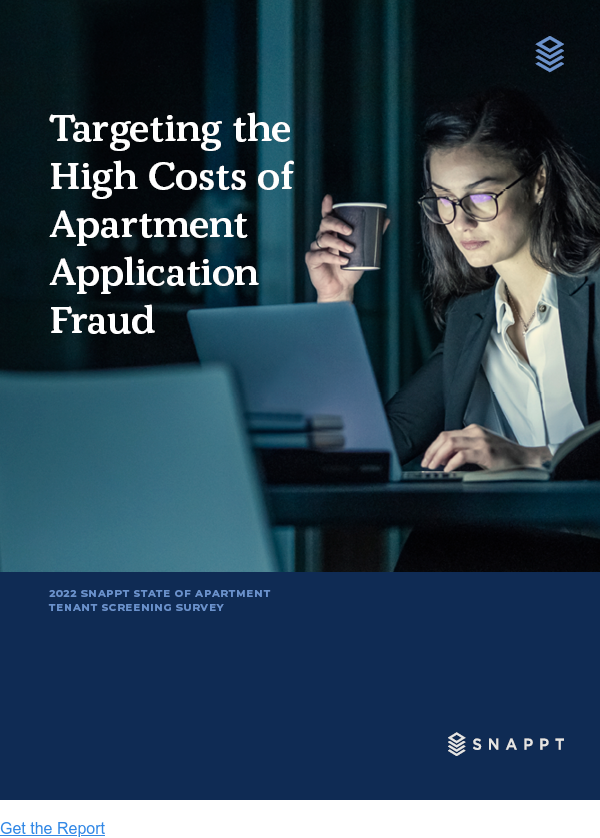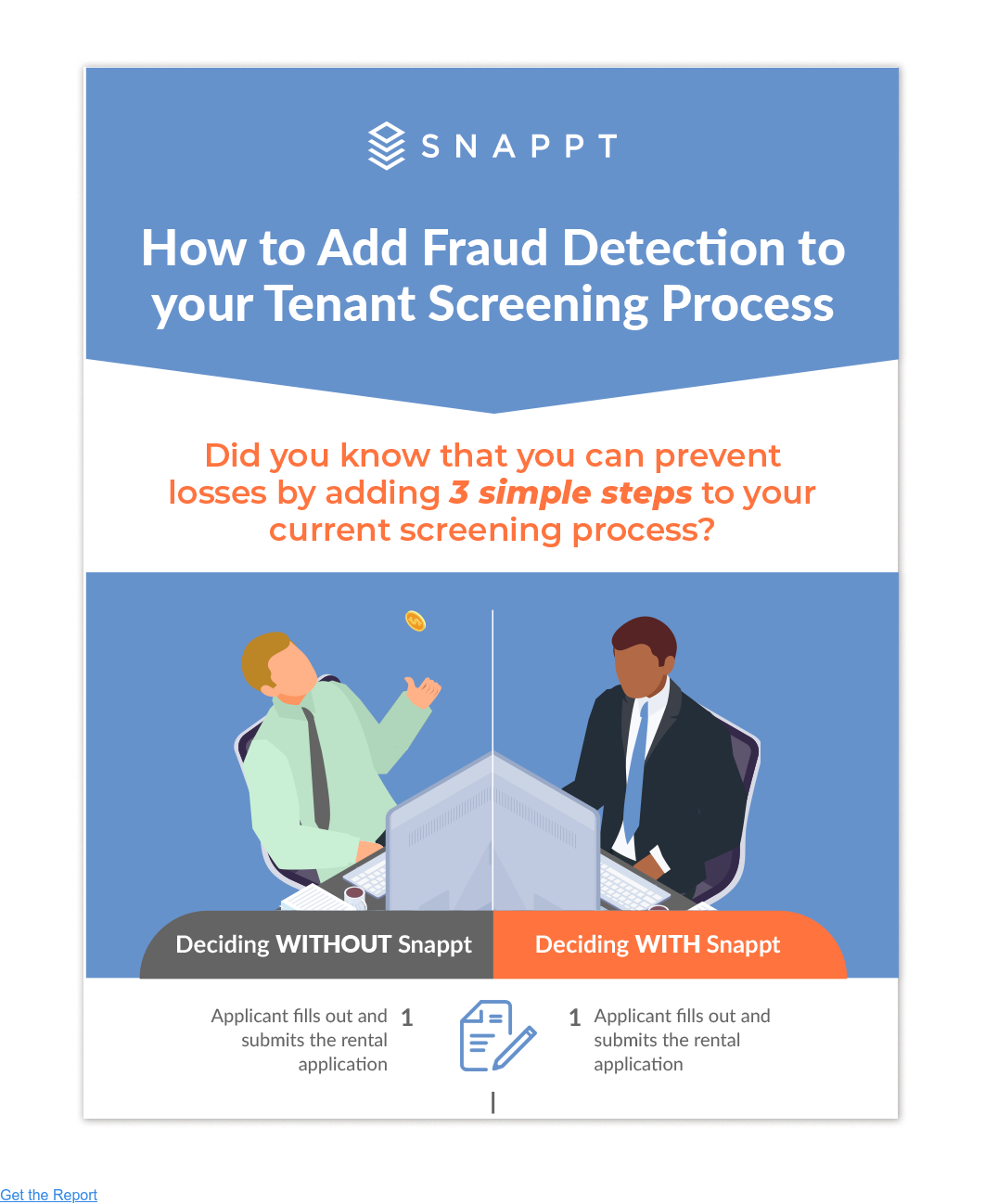Understanding the Situation
With fears mounting over COVID-19 and the looming recession, it has never been more crucial for property managers to secure reliable sources of rental income. Problem tenants can disrupt rent collection or worse: require an eviction. Compounding the issue, many municipalities are temporarily halting evictions due to the crisis, placing property managers on the hook for lost rent revenue for an extended period.
Here at Spirited, we know that fraudulent applications are a leading indicator of future evictions. According to a TransUnion study, 50% of evictions can be prevented with a proper fraud detection protocol. At $7,500+ per eviction, that’s a costly source of revenue leakage. If that weren’t enough, the coming recession is expected to increase tenant fraud.
In the first post of this blog series, we’ll examine the reasons why tenant fraud rises during recessions. In future posts, we’ll examine why your current fraud detection methods may be insufficient in the new landscape, as well as how you can protect yourself in the coming months.
Why Recessions Increase Tenant Fraud
Historical Evidence
To understand why recessions increase tenant fraud, we can look to recent history. According to a 2011 study published by Harvard University, the Great Recession significantly increased the cost burden on tenants. The rate of “severely cost-burdened” renters, defined as those who spend more than 50% of their income on housing, rose to 29.4%. As tenants pay more of their monthly income on rent, they are less able to overcome unexpected occurrences, which puts them at risk for non-payment and future eviction.
Lost Income
One such unexpected occurrence is losing employment. During the Great Recession, nearly 8.8 million people lost their jobs—and the COVID crisis is estimated to be even worse. In fact, the adjusted monthly jobless rate has already risen to 16.5% due to the pandemic. As the number of lost jobs continues to rise in the coming months, so, too, will fraudulent income figures.
Forced Relocation
Other situations dictate a quick change with short notice, leading to desperation. In March 2020, nearly 600,000 college students needed to find new housing after their dorms kicked them out with less than a week’s notice. In these types of situations, desperation can lead to the submission of fraudulent applications.
Opportunism
Finally, in any situation like this, there will be a small subset of people who look to take advantage of the situation. With the temporary freeze on evictions, there may be a lower risk for a fraudulent applicant who is able to secure an apartment outside of their financial means. Even if they cannot afford the rent, the property manager can have no legal recourse against them.
This is why it is critical to catch fraudsters prior to accepting them as tenants. Unfortunately, however, some of the most common fraud detection techniques currently employed by property managers might not work in this currently changing landscape.
Are You Prepared to Combat Tenant Fraud in a Recession?
Now more than ever, it’s crucial to know the right techniques to combat fraud. In a time of economic uncertainty and rising rates of application manipulation, property managers must be equipped to root out altered applicant documentation or risk higher rates of non-payment, problem tenants, and evictions.
In our next blog post, we will examine why your current fraud detection techniques may be insufficient, and we will recommend new tools to combat fraud in the modern era.











